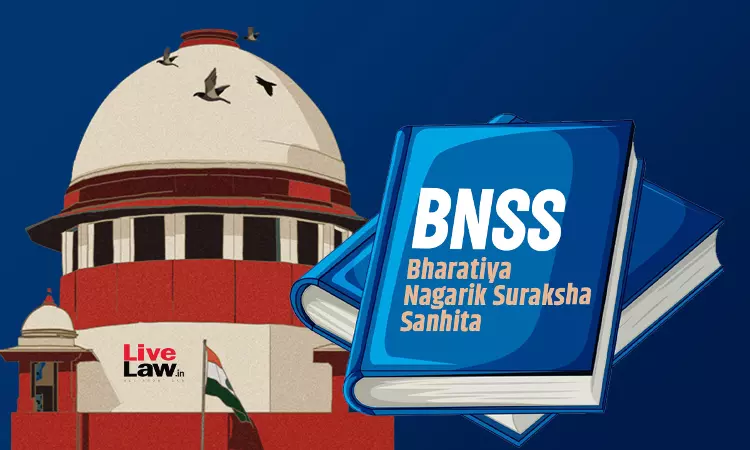Does S.223 BNSS (Hearing Of Accused Pre-Cognizance) Apply To PMLA Cases If Investigation Began Before July 1, 2024? Supreme Court To Decide
Amisha Shrivastava
17 April 2025 10:05 AM IST

The Court orally observed that S.223 BNSS was a substantive provision and can't be regarded as merely procedural.
Next Story


